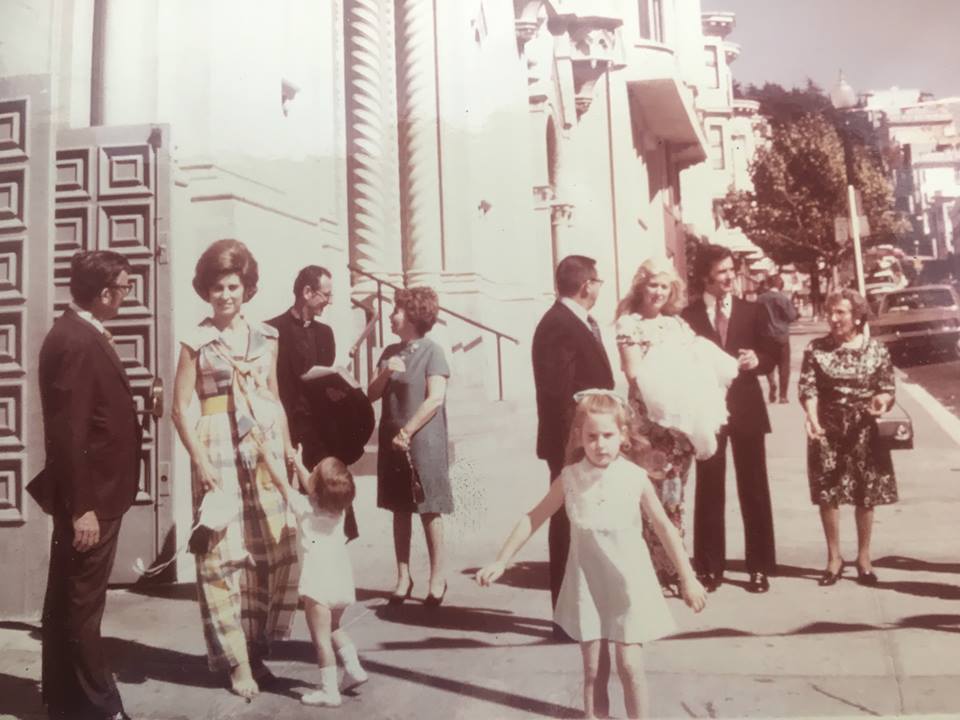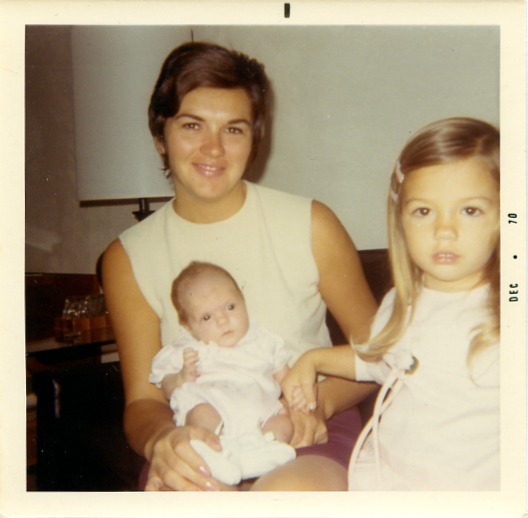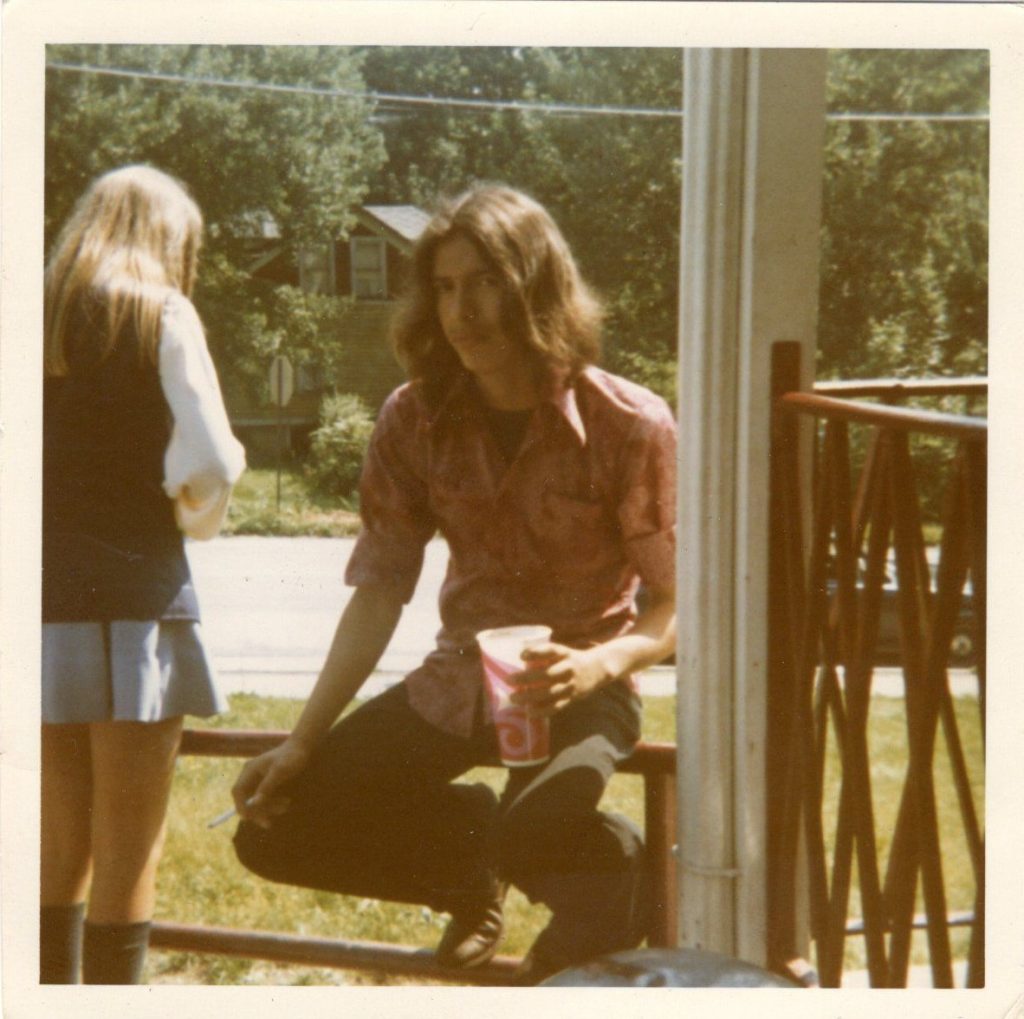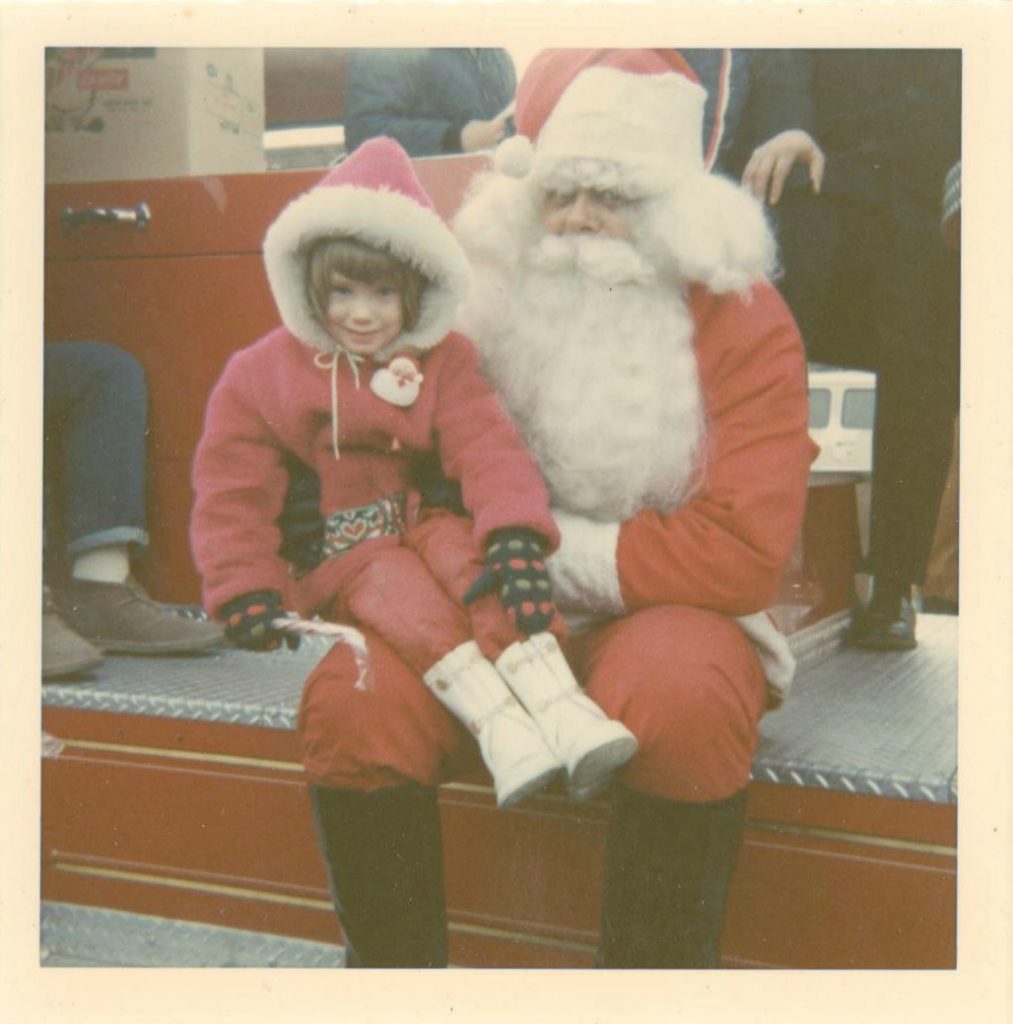 In early October, blogger Penelope Trunk wrote, “People only tell horrid stories in hindsight.” It reminded me of a wonderful poem by the Canadian poet Tanya Davis called Subtlety. You can read all the words here or listen to them below in the video. It’s so beautiful. Here’s one of my favorite lines:
In early October, blogger Penelope Trunk wrote, “People only tell horrid stories in hindsight.” It reminded me of a wonderful poem by the Canadian poet Tanya Davis called Subtlety. You can read all the words here or listen to them below in the video. It’s so beautiful. Here’s one of my favorite lines:
apparently there is an appropriate amount of sharing and I over do it / people are only comfortable up to a certain point / and yet i go right through it
I’ve read Penelope’s blog for more than 10 years. I consider her my friend even though we exchange emails just once a year. This is stellar in comparison to my other friend, Elizabeth Wurtzel, who doesn’t even know I exist. 😉
This is the email I wrote to Penelope in August.
It’s Jen-X. 🙂 How are you? When I am going through fire…I think of you and all the fire you have been through…”
She wrote me back:
What is your fire? I’m always happy to hear from you.”
And, then I never responded, because, I’ve learned to tell my horrid stories only in hindsight.
Here is another post Penelope wrote about the benefits of being honest about your burdens. As you read it, consider that she is a former competitive volleyball player of near Olympic proportion. She worked with venture capitalists in Silicon Valley. She started math.com before the rest of us were smart or rich enough to gobble up good URLs. She launched, and later sold, the Brazen Careerist. She worked as a columnist for the Boston Globe and Yahoo, and her blog has never been impacted by a Google algorithm update. She has never gamed her way to top blogger status. She’s played it real before it was popular to do so. Truth, not tricks drives to traffic to her site.
Penelope breaks all of Brené Brown‘s rules for vulnerability and transparency. She shares her pain in-process. Brown, the author of Daring Greatly, recommends only making yourself vulnerable after you have recovered from whatever it was that injured you in the first place. That means it might take some of us a lifetime or beyond to ever tell the truth. Who can afford to wait that long?

Generation X with Baby Boomer Mom, 1970s (ALL RIGHTS RESERVED)
Brilliance and Brokenness
Penelope is brilliant. I’ll always love her and believe her best days and happy endings are still ahead, even when she only has crackers to eat. Brilliant people often find themselves in these situations. Their brilliance was formed out of their brokenness. Light always escapes through cracks.
Ann Voskamp, author of the Broken Way, writes about the best light:
Grace embraces you before you prove anything, and after you’ve done everything wrong. Every time you fall down, at the bottom of every hole is grace. Grace waits in broken places. Grace waits at the bottom of things. Grace loves you when you are at your darkest worst, and wraps you in the best light. Grace seeps through the broken places and seeps into the lowest places, a balm for wounds.” –Ann Voskamp, The Broken Way: A Daring Path To Abundant Life.
While others avoid brokenness, God and other broken people run to it. They run to the wounds of rape and abandonment; hunger and dislocations; absent fathers and alcoholic mothers; drug-addicted children; loneliness, betrayal and every form of captivity.

Photo is ALL RIGHTS RESERVED (1970s)
A Gift Like No Other
I have written and thought about Generation X, my generation for many years; the latchkey generation born during the seemingly inauspicious years, 1961 to 1981. It is impossible to write about Gen-Xers without penning a narrative about broken homes, sexual abuse, physical violence, poverty, underemployment and other instabilities. Penelope describes her childhood as torture.
Brokenness is a gift like no other.
I’ve noticed that people who have survived torture, trauma and captivity have a ridiculously high tolerance for pain. This is God’s grace and mercy at work. It’s why they can swim through hell to move heaven and earth and think it’s just another day. It’s how they can tear up the rip tide and hold down the undertow. Forever and a day they have pushed against the current, maybe even gone under, but never coasted by.

African American Generation X, 1970s
When your childhood is an unforgiving desert you develop a magnificent strength to move mountains for your own children. It’s why Penelope’s young son, a cellist, made it into Julliard. She once said, “The best way to judge someone is not by setbacks, but by bounce-backs.” Broken people perpetually bounce back. They still cry and still smile with hearts of flesh, not stone.
And I will give you a new heart, and a new spirit I will put within you. And I will remove the heart of stone from your flesh and give you a heart of flesh. –Book of Ezekiel
Grace, Everlasting
Childhood hell carries its victims high and takes them far. Within the child who has suffered is born a lifetime of tenderness and endurance. This grace everlasting leaves the bitter-unbroken perplexed and annoyed. They can’t reconcile the spiritual advantages suffering brings broken, flawed and busted up people. It’s why people hide their horrid stories and tell them only in hindsight. Few have the stomach or heart to listen to suffering in real-time.

A Gen-Xer sits on Santa’s lap in this early 1970s Snapshot.
Broken People
Have you noticed that broken people go a lot of places alone like to the park at lunchtime or the graveyard when it rains? They walk to church or temple and are not afraid of their own thoughts. They go out at night by themselves to get milk and coffee for the morning, and pull off on the shoulder to watch the Ferris Wheel with all its colorful stars jut round and round.
Once, when I was a child I stood on the platform at the county fair as the chroma and glitter faded to grease and concrete, carnies and fear. I climbed aboard the gondola and rode through the sky afraid all the while that I would fall and die.
Now, parked along the highway, my eyes are fixed on the high beams in my rear view mirror. They vroom and I grip, and they zoom and I brace. My shoulders tighten and I whisper, “Please don’t crash into me. I do not want to die.”
Voskamp’s Broken Way teaches us to celebrate and honor our brokenness. She writes, “The brave baring of all the broken in their brokenness can offer the miracle of communion. Never be afraid of being a broken thing.”
Cello Mom Friends
Broken people are hyper-aware of the single breath that separates life from death. With eyes to see, they notice the stress in every metal. Suffering is all around them, all around everyone, which makes it almost impossible for them to talk about anything outside the contexts of survival or salvation. It is one reason Penelope struggles to have cello mom friends. Survivors of childhood trauma do not have normal conversations or relationships. She writes:
The cello moms who know me well would be incredulous to hear that I spend most of my waking hours trying to figure out how to make them like me — or at least, how to make them not hate me. They would probably tell you it looks like I’m not trying at all.” Penelope Trunk, October 2, 2018
This is why broken people hold themselves apart. It is their default position. When in a crowd or the company of others they must turn off what they see, which is nearly impossible, so they pretend not to see which exhausts them. The reality is that their still-broken pieces illuminate everything. They are alive to see, and it is all sacrifice. Seeing is their calling.
The Young Messiah
Here is the most breath-taking quote from The Young Messiah. When I heard it the first time it knocked the wind out of me. So, I watched the movie 10 more times, just to get to the end and hear it again and again:
I’ve learned so much since leaving Egypt. I know everything I can for today. I even know I’m going to die. I used to wonder if angels would come to me, if they would sing to me, if they would fill my dreams. There is still so much that I don’t know, but I do know this. I don’t think I’m here to see angels or to hear them sing. And I don’t think I’m here to make it rainy or sunny or anything like that. I think I’m here just to be alive. To see it, hear it, feel it, all of it. Even when it hurts. Someday you will tell me why else I’m here. I don’t know when, but you will. I know that. Because, Father, I am your child.” Jesus, The Young Messiah
We are here just to be alive, too.
We are here just to be alive, too. “To see it, hear it, feel it, all of it.” Not to save our horrid stories for a better day when all is well, but to live out in real-time the truth.
I waited patiently for the Lord; and he inclined unto me, and heard my cry. He brought me up also out of an horrible pit, out of the miry clay, and set my feet upon a rock, and established my goings. And he hath put a new song in my mouth, even praise unto our God: many shall see it, and fear, and shall trust in the Lord. Psalm 40




[…] https://www.wikihow.com/Make-a-Slam-Book https://thepinoyofw.com/best-slam-book-questions/ https://www.jenx67.com/2008/09/i-loved-slam-books-in-junior-high.html […]
Hello, Jill! It's so nice to receive a message from a majorette. No doubt, it was a grand experience for…
I was the majorette at my Catholic high school (William V. Fisher Catholic) in Central Ohio. Fall 1993-97! Loving these…
Thank you so much. This post was one of the hardest I ever wrote because the trip was difficult. I…
som body in that town has to know where their bodies are at i mean some of the elderly peole…